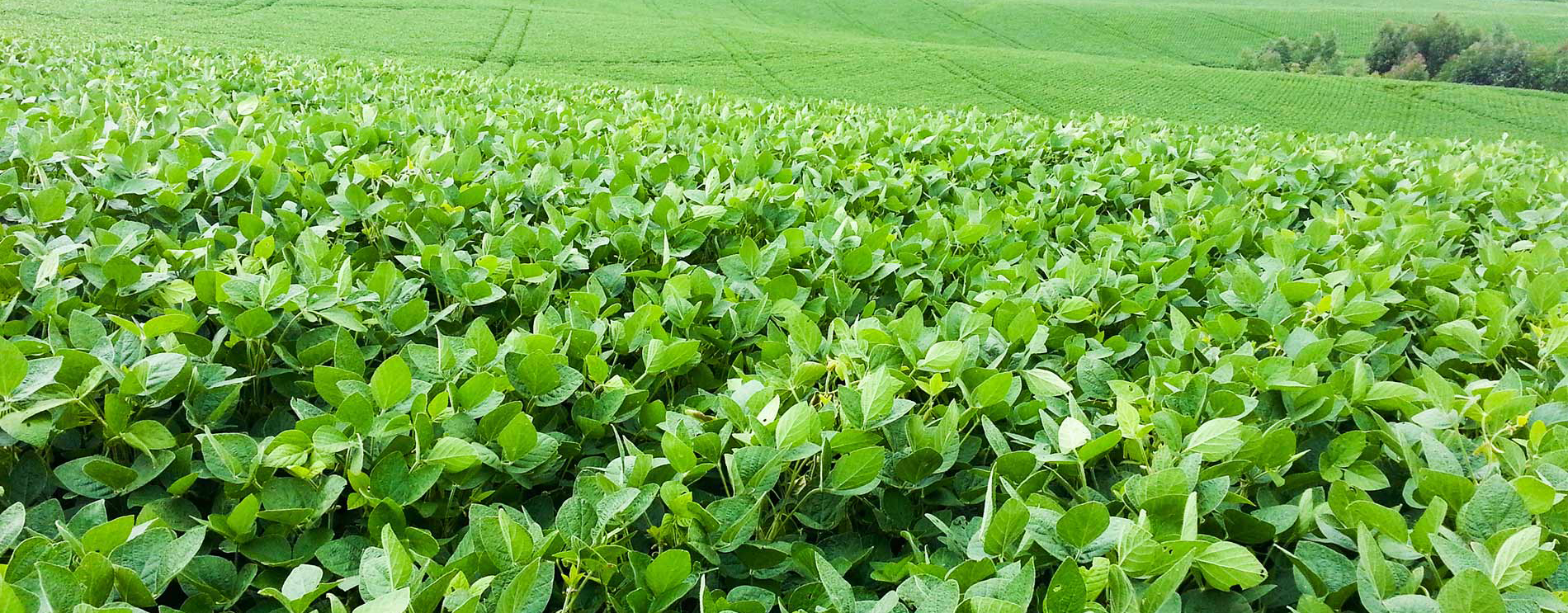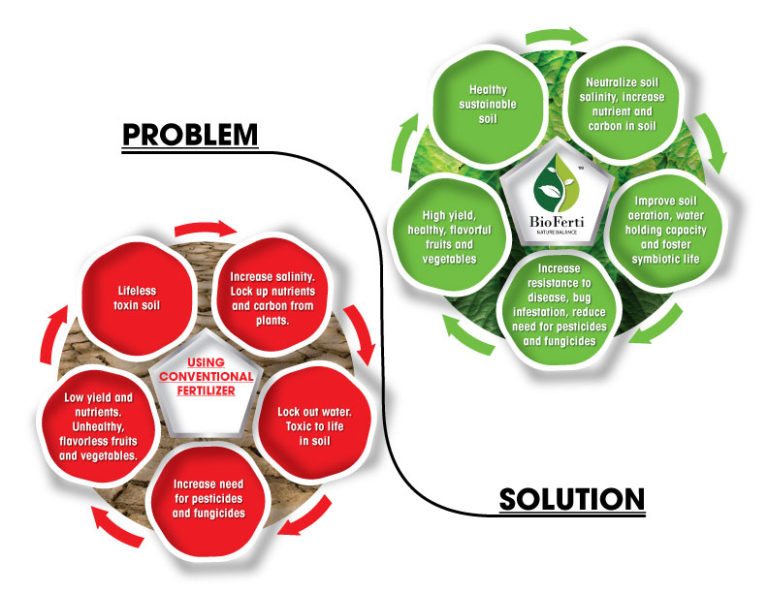About 1,500 coffee farmers in Viet Nam’s Central Highland province of Lam Dong are set to receive free training in agricultural techniques to help boost their crop yields and quality of coffee beans.
The training is part of the Coffee Made Happy project, a programme on boosting sustainability of farming run by Mondelez International, which committed to invest at least US$200 million to empower one million coffee farming entrepreneurs in coffee-growing countries including Peru, Viet Nam, Brazil and Indonesia by 2020.
About 100,000 Vietnamese coffee farmers are expected to benefit from the programme during the next two years, according to the global coffee company.
Mondelez International’s Global Coffee President Hubert Weber said the programme focused on helping farmers to become more successful entrepreneurs by working with partners to improve their coffee production and business skills.
“Farmers would learn how to manage their business more effectively through simple tools like profit-and-loss log books and they will also have a chance to use new skills to grow more coffee with fewer resources, leading to more productive and profitable farms,” he said.
Deputy Director of Crop Production Department under the Ministry of Agriculture and Rural Development Pham Dong Quang said that although coffee was a key crop for Viet Nam, the sector was facing major challenges including poor links between farmers and enterprises, large aging coffee areas and limited farming techniques that reduced the quality of beans.
Last month, the Prime Minister approved a national plan on restructuring agriculture including coffee farming, he said, adding that the country would maintain its Robusta coffee growing area and expand the Arabica coffee area, while re-cultivating 150,000ha of aging coffee trees and boosting application of Good Agriculture Practices and links among growers and enterprises.
Last year, Viet Nam had about 622,000ha of coffee, producing 1.3 million tonnes, making the country one of the world’s top coffee exporters. There are 500,000 households growing coffee, mostly in the Central Highlands (Tay Nguyen)



